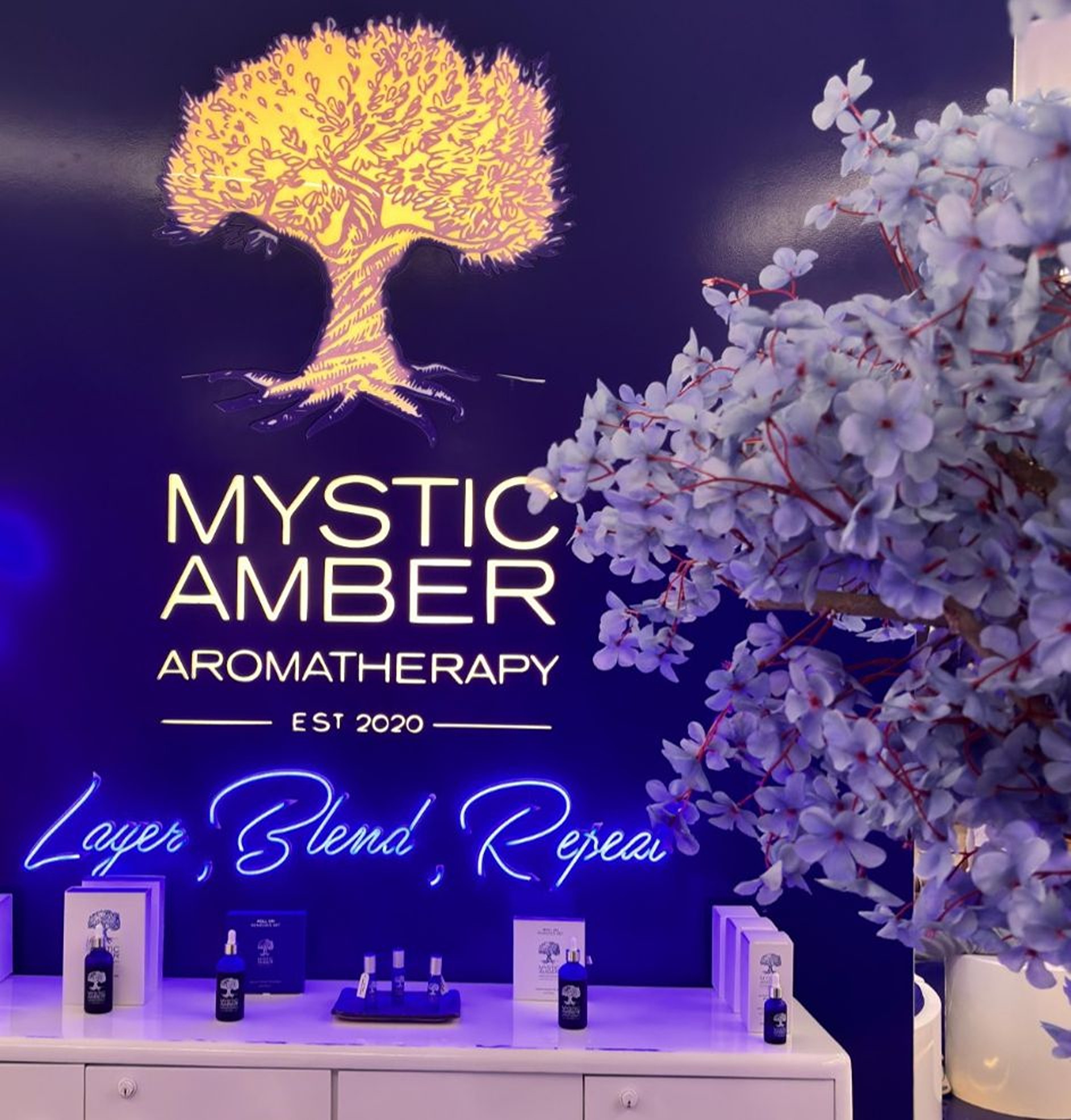Even in the depths of the tombs, cut off from the living world, from nature, and from every scent the Earth could offer, the ancient Egyptians carried the essence of fragrance with them into the afterlife, with evidence revealing that human mummies preserved in the Egyptian Museum in Cairo still release their own aromas. From sweet, herbal notes to traces of orange peel and flowers, the ancient Egyptians treated scent the way an artist treats a palette of colors, blending and layering them to evoke a certain mood, and even more, to harness their healing power. For them, smelling good was inseparable from caring for the mind, spirit, and body; it was ritual and remedy all at once. Although the role of scent in ancient Egypt has long been documented by archaeologists and historians, its influence on today’s wellness and beauty practices is still largely overlooked by the industry. Yet Jumana Safar and her mother, the founders of Mystic Amber Aromatherapy, Egypt’s first luxury aromatherapy brand, are bridging Egypt’s aromatherapeutic heritage with today’s wellness culture. Their brand not only highlights the cultural roots of these wellness practices but also…




